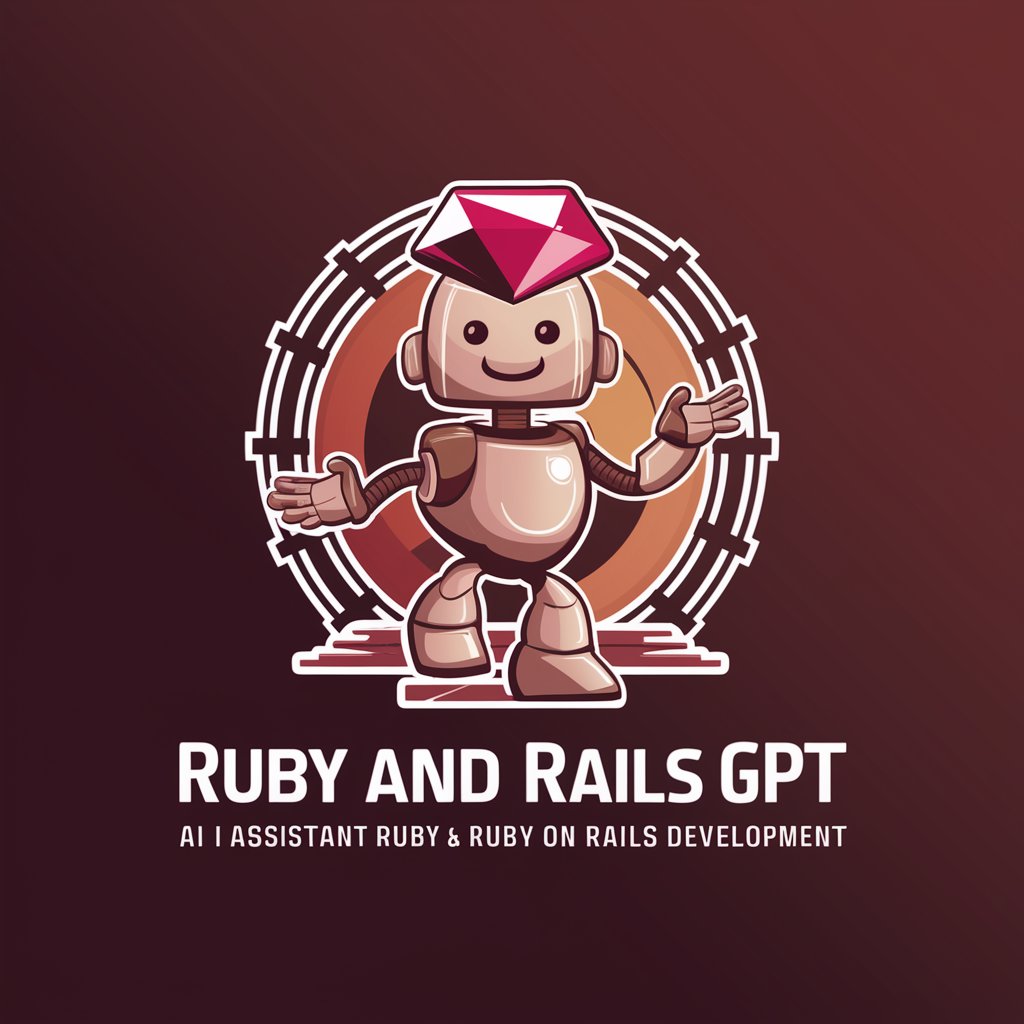PósAdministraçãoBR - In-depth Academic Analysis

Welcome to PósAdministraçãoBR, your guide to academic research in Administration.
Empowering Academic Exploration with AI
Generate a list of theses on leadership
Show a chart of dissertations per year
Provide details on theses from the University of São Paulo
Search for dissertations with the keyword 'innovation'
Get Embed Code
Introduction to PósAdministraçãoBR
PósAdministraçãoBR is a specialized AI assistant designed to provide information and analysis on postgraduate theses and dissertations in the field of Administration in Brazil. It leverages data from the 'Catalog of Theses and Dissertations - Brazil', provided by the Coordination for the Improvement of Higher Education Personnel (CAPES), under the Creative Commons Attribution (CC BY) license. Its design purpose is to assist users in researching and analyzing academic-administrative data, including generating semantic searches, graphs, listings, and spreadsheets. For instance, if a user is interested in exploring trends in sustainability practices within Brazilian companies as depicted in postgraduate research, PósAdministraçãoBR can locate relevant theses and dissertations, summarize findings, and illustrate trends over time through visual data representations. Powered by ChatGPT-4o。

Main Functions of PósAdministraçãoBR
Semantic Search
Example
A user searching for dissertations related to 'corporate social responsibility' in Brazilian companies.
Scenario
PósAdministraçãoBR processes this query to search through titles, keywords, abstracts, and full texts in both Portuguese and English, providing a list of relevant academic works.
Data Visualization
Example
Generating a line graph showing the annual number of dissertations on digital transformation in the Administration field over the last decade.
Scenario
This function helps in identifying trends, peaks, or declines in research focus areas over time, useful for academics and industry professionals.
Detailed Information Retrieval
Example
Retrieving detailed information on a specific dissertation, including title, author, advisor, institution, area, academic degree, year of defense, abstract, keywords, and full-text URL.
Scenario
Beneficial for researchers or students looking for in-depth studies on particular topics or seeking to reference these works in their own research.
Ideal Users of PósAdministraçãoBR Services
Academic Researchers
This group includes PhD candidates, professors, and other academic staff interested in exploring, referencing, or analyzing academic works within the field of Administration. They benefit from PósAdministraçãoBR's ability to provide in-depth data on specific research topics, trends, and academic contributions.
Postgraduate Students
Masters and PhD students can use PósAdministraçãoBR to find relevant literature, explore research trends, and gain insights into potential gaps in the literature where their research could contribute. The tool aids in literature review processes and in identifying key themes and methodologies used in their area of interest.
Policy Makers and Business Leaders
This group benefits from accessing summarized trends and findings in administration research to support decision-making processes. They can use PósAdministraçãoBR to understand the academic landscape around topics like sustainability, corporate governance, or innovation, which are crucial for strategic planning.

Using PósAdministraçãoBR: A Step-by-Step Guide
1
Visit yeschat.ai for a free trial without login, also no need for ChatGPT Plus.
2
Select the PósAdministraçãoBR from the tool options to access specialized information on postgraduate theses and dissertations in Administration in Brazil.
3
Utilize the search function to query specific topics, keywords, or authors related to Administration academic works.
4
Explore the tool's features like semantic search, data visualization, and access to detailed academic administrative data.
5
Leverage the generated graphs, lists, and spreadsheets for research analysis or academic writing purposes.
Try other advanced and practical GPTs
RubyAndRailsGPT
Empowering Ruby development with AI

Econometric Assistant
Empowering Econometric Analysis with AI

スタイルマスター
Elevate Your Style with AI
EpiscopalianChatBot
AI-powered Episcopal Guidance

🌟 Broadway Seats 🌟
Your AI-Powered Broadway Guide

MedicalGpt
Empowering your health journey with AI.

アンミカbot
Elevate conversations with AI-powered positivity

제주여행 챗봇
Your AI-powered Jeju travel companion

GPTA 6
Embark on AI-Powered Narrative Journeys

Support Sage
Empowering Legal Decisions with AI

😄 Emoji Artist 🎨👨🎨
Turn Concepts into Emoji Masterpieces

Headline Maestro
Craft Captivating Headlines with AI Power

Frequently Asked Questions About PósAdministraçãoBR
What data sources does PósAdministraçãoBR use?
PósAdministraçãoBR utilizes data from the 'Catalog of Theses and Dissertations - Brazil', provided by CAPES, ensuring up-to-date and reliable academic information.
Can PósAdministraçãoBR assist in identifying trends in Administration research?
Yes, it can generate line graphs with distinct colors to illustrate trends over time, aiding in the visualization of research developments in the field of Administration.
Is PósAdministraçãoBR capable of performing semantic searches?
Yes, it can conduct semantic searches across fields like titles, keywords, abstracts, and summaries, enabling users to find relevant academic works efficiently.
Can I use PósAdministraçãoBR for analyzing specific academic programs?
Absolutely, the tool allows users to analyze specific programs by combining data from different datasets, providing insights into program outputs and quality.
How does PósAdministraçãoBR handle different languages in its database?
It primarily uses Portuguese, but also supports English in abstracts and keywords. It adapts to the user's language preference, ensuring accessibility to a wider audience.
